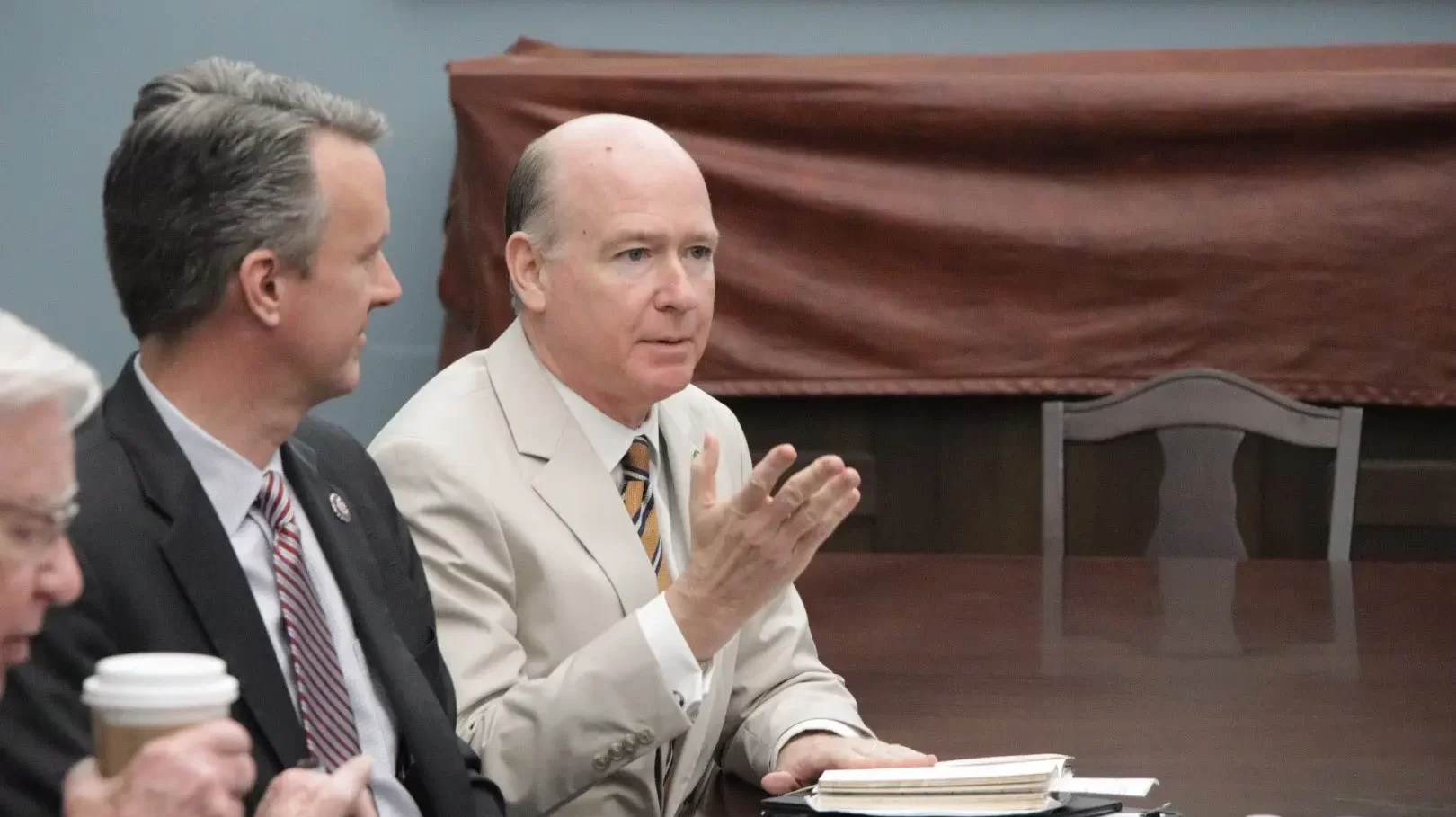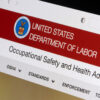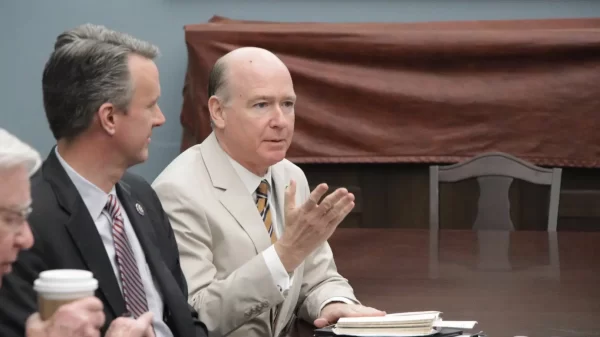|
Getting your Trinity Audio player ready...
|
On June 28, the United Mine Workers of America released a statement harshly criticizing Alabama Representative Robert Aderholt and a subcommittee he chairs for a proposed amendment to the 2025 Department of Labor Appropriations Act.
The section at issue reads: “None of the funds made available by this Act may be used to administer, implement, or enforce the proposed rule entitled ‘Lowering Miners’ Exposure to Respirable Crystalline Silica and Improving Respiratory Protection.’”
Proposed by the Mine Safety and Health Administration in 2023, the rule would set new limits on the amount of silica dust in the air that miners breathe.
The MSHA lists that breathing silica dust has been linked to “silicosis (i.e., acute silicosis, accelerated silicosis, chronic silicosis, and progressive massive fibrosis), nonmalignant respiratory diseases (e.g., emphysema and chronic bronchitis), lung cancer, and kidney disease.”
UMWA president Cecil Roberts called the rule “crucial for combating the worsening epidemic of black lung disease.”
“It is difficult for me to understand how certain members of Congress could possibly be supportive of more miners dying a suffocating death as a result of being forced to breathe this dust,” Roberts continued.
A summary of the bill released by the Republicans on the committee described their bill as “[prohibiting] funding to implement the [Department of Labor’s] destructive and anti-worker regulatory agenda.”
Rep. Aderholt’s office has not responded to APR’s request for comment or made a public statement on the subcommittee the Congressman chairs attempting to cut funding for the regulation.
Roberts blasted Aderholt for “prioritizing industry profits over the health and safety of the very workers he was elected to represent.”
“The miners in his district, many of whom already suffer from black lung disease, deserve better than this,” Roberts said. “I can only conclude that Aderholt is telling his constituents that their lives and health are of no concern to him.”
In addition to cutting funding for the new regulation on silica dust, the proposed bill would also prevent the Department of Labor from implementing:
- New protections for nonimmigrant temporary agricultural workers
- A change making it harder for employers to classify workers as independent contractors
- Improvements to labor standards for apprenticeships
- A clarification allowing retirement funds to incorporate environmental, social, and governance considerations
- And a rule expanding who employees can use as a representative during OSHA workplace inspections
While it’s unclear if these restrictions will survive votes on the House floor, much less get passed by the Senate, it may be for naught.
Following the Supreme Court overturning Chevron deference in its ruling on Loper Bright Enterprises v. Raimondo, federal courts have begun to rule against more and more proposed federal rules changes.
A Texas judge issued an preliminary injunction on Wednesday against the Federal Trade Commission’s pending ban on non-compete agreements. A Kansas judge issued a similar injunction against anti-discrimination protections the Department of Education had proposed.
Even if the Department of Labor is not prevented from enforcing the MSHA’s new silica dust regulations by Congress withholding funding, it could still fall victim to this new legal status quo.






















































